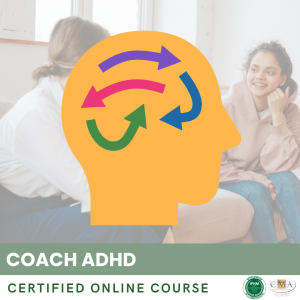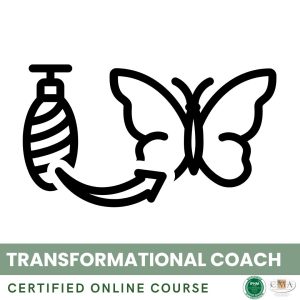Relationship coaching finds its origins in various schools of thought and therapeutic practices that developed during the 20th century. Among the main influences, we can mention the humanistic psychology of Carl Rogers and Abraham Maslow, which emphasizes the development potential of each individual and the importance of the therapeutic relationship. Systemic therapy, which considers the individual in their relational and family context, has also played a key role in the emergence of relationship coaching.
Relationship coaching has also benefited from the contributions of Neuro-Linguistic Programming (NLP), which offers communication and change tools, as well as transactional analysis, which provides a framework for understanding interactions and psychological games in relationships. More recently, positive psychology has influenced relationship coaching by emphasizing individuals’ resources and skills to promote their fulfillment.
Relationship coaching can be defined as professional support aimed at helping people improve their relationships and communication with others, whether in their personal or professional lives. It is a process focused on the present and the future, which relies on the client’s resources and goals to enable them to develop more satisfying and fulfilling relationships.
Unlike therapy, which often deals with deeper and longstanding issues, relationship coaching focuses on current difficulties and concrete ways to cope with them. The relationship coach is not an expert who gives advice, but a facilitator who helps the client find their own solutions by guiding them in a process of reflection and experimentation.
The objectives of relationship coaching are multiple and vary according to the needs and expectations of each client. These may include, for example:
– Improving communication and conflict management in one’s couple or family
– Developing assertiveness and the ability to set boundaries in friendly or professional relationships
– Better understanding and managing one’s emotions and those of others in interactions
– Strengthening self-esteem and self-confidence to establish healthier relationships
– Clarifying relational needs and expectations to make choices more aligned with personal values
Relationship coaching is aimed at anyone wishing to improve their relational quality of life, whether following specific difficulties or in a personal development approach. It can be offered individually, as a couple, or in a group, depending on the problems and preferences of each.
Points to remember:
1. Relationship coaching has its roots in various schools of thought and therapeutic practices of the 20th century, such as humanistic psychology, systemic therapy, NLP, transactional analysis, and positive psychology.
2. Relationship coaching is professional support that helps individuals improve their relationships and communication in their personal and professional lives, focusing on the present and the future.
3. Unlike therapy, relationship coaching focuses on current difficulties and concrete solutions, without delving into deep and longstanding issues.
4. The relationship coach acts as a facilitator guiding the client in their reflection and search for solutions, rather than as an expert giving advice.
5. The objectives of relationship coaching are varied and tailored to each client’s needs, ranging from improving communication and conflict management to strengthening self-esteem and clarifying relational expectations.
6. Relationship coaching is for anyone wishing to improve their relational quality of life, whether following specific difficulties or in a personal development approach, and can be offered individually, as a couple, or in a group.
👉 To download docx (Editable) file click here : Click here
👉 To download PDF file click here : Click here
👉 To download MP3 file click here : Click here






